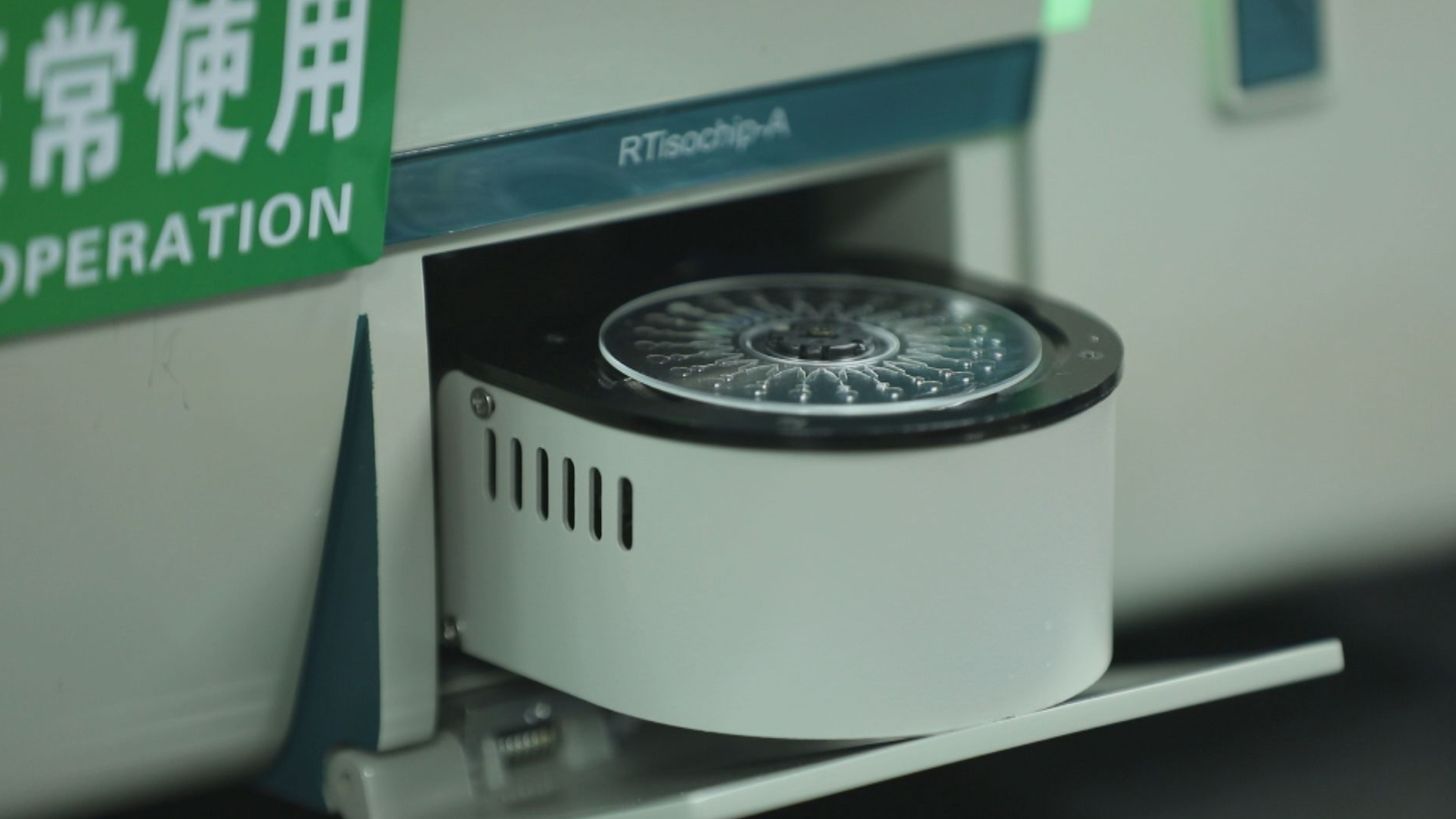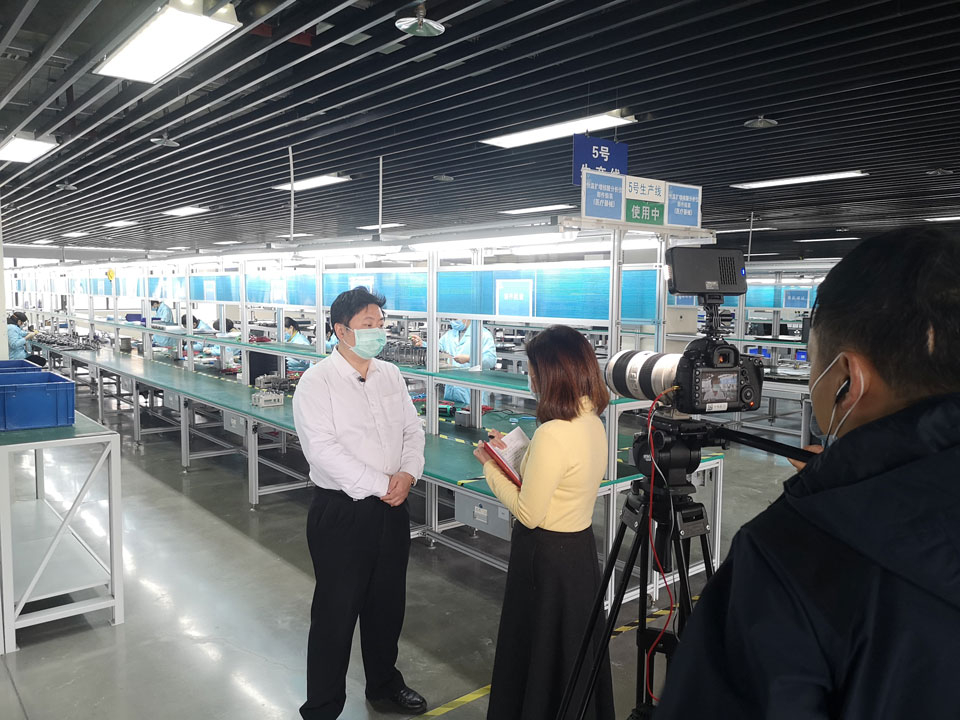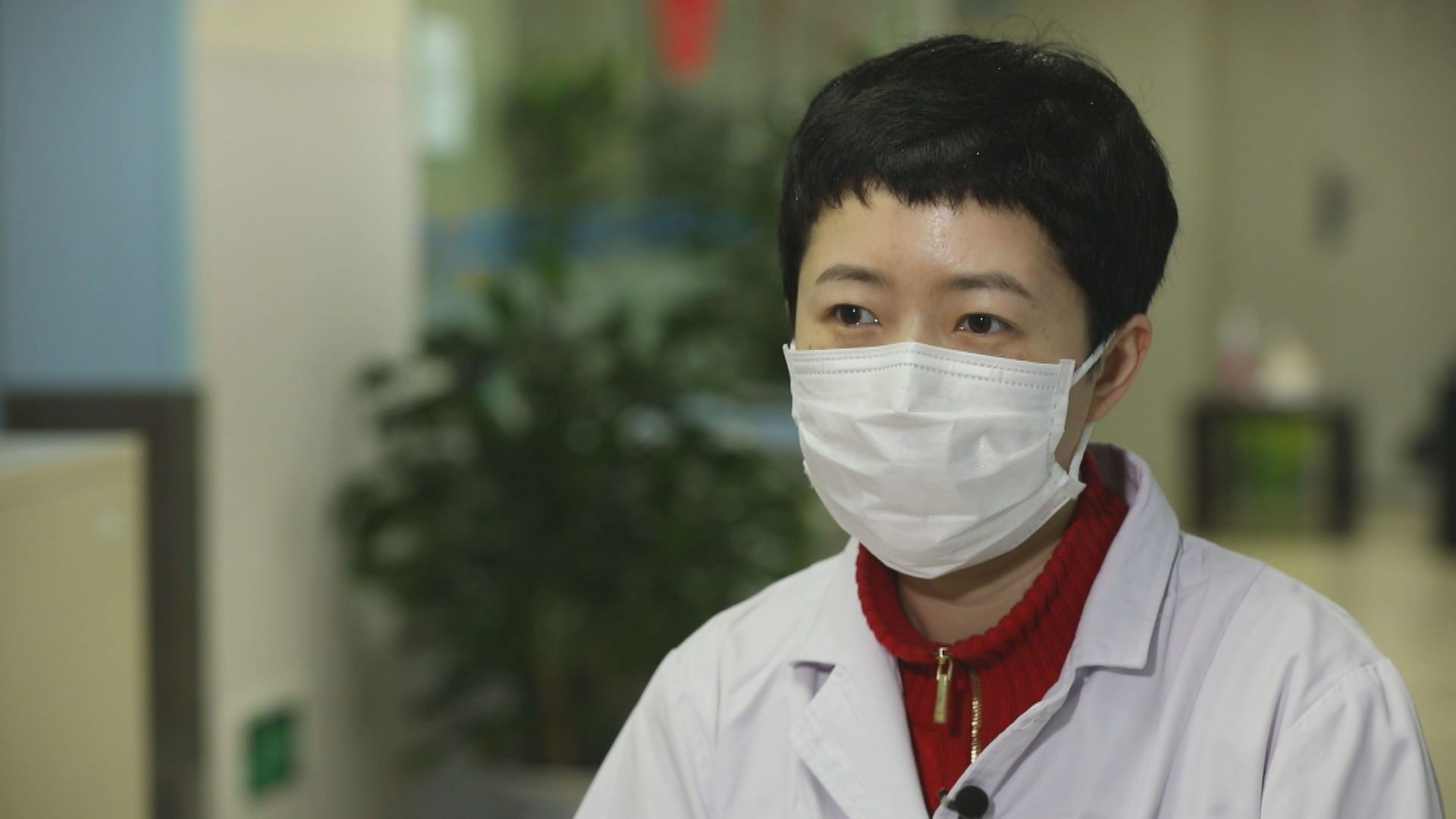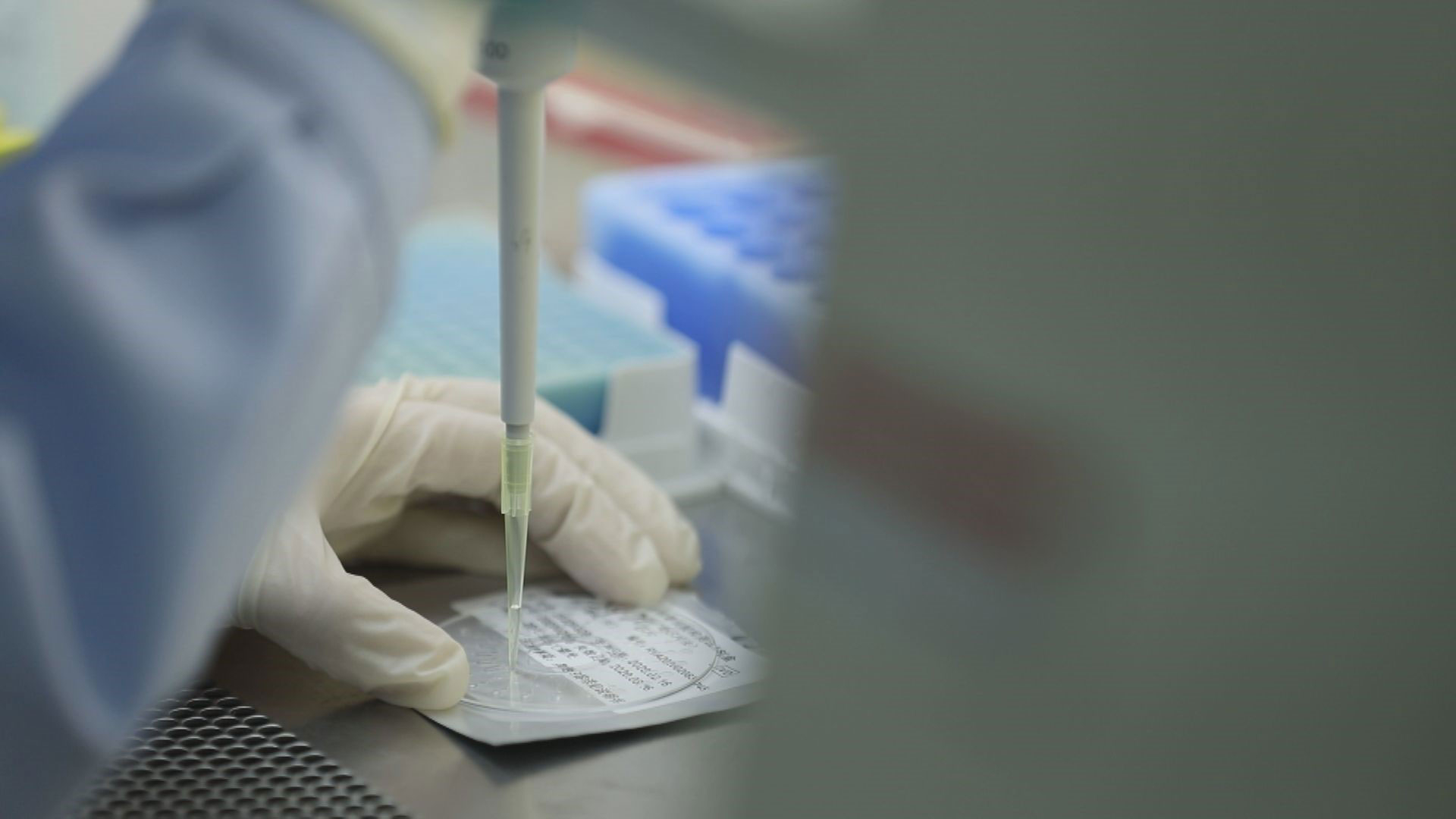03:38

As the novel coronavirus spreads globally, pharmaceutical companies are in a race to develop rapid diagnostic kits that can accurately detect the infection.
With the infection spreading globally, including to countries such as the U.S, Italy and Iran, fears of a massive demand for coronavirus test kits have ignited a major concern among policymakers worldwide.
Rapid testing facilities help reduce the occupancy rate of hospitals during the viral outbreak. In the case of the coronavirus epidemic, the situation is tricky because the symptoms closely resemble the common flu.
China exceeded its laboratory testing capacity due to a shortage of polymerase chain reaction (PCR) testing kits. The process requires highly trained medical staff to handle and machines.
The crisis led to the use of CT scans, followed up by laboratory-based tests to confirm the COVID-19 cases. The laboratory tests take nearly a day, leading to crowded hospitals.
An accurate but expensive solution from Chinese innovators
In order to deal with the prevailing crisis, a Chinese company has developed a nucleic acid chip that can reliably test for six respiratory infections, including the novel coronavirus, in 1.5 hours.
After securing approval from China's National Medical Products Administration last month, the company started rolling out 24,000 chips a day.
"We plan to double our production capacity to almost 50,000 chips a day in the next six months," Liang Dong, general manager of CapitalBio Corp's Medical Lab in Chengdu, told CGTN.

CapitalBio Corporation's Chengdu plant can produce 24,000 chips a day. Li Shuai/CGTN
CapitalBio Corporation's Chengdu plant can produce 24,000 chips a day. Li Shuai/CGTN
Developed jointly by the West China Hospital of Sichuan Hospital, Tsinghua University, and CapitalBio Corp, the product is first of its kind to test half a dozen respiratory diseases in a single test, they claimed.
"The test uses throat swab sample for confirming the coronavirus infection," said Chen Lei, head of Clinical Research Management Department at West China Hospital. "It's more accurate than that of an antibody test."
Explaining the reliability of the test, she cited an example of a patient who showed symptoms of re-infection. "He was first diagnosed as being re-infected with the novel coronavirus. But our chip detected he was also co-infected with another virus."
Chen pointed out that if the patient tests positive through this method, they don't need to take any other tests.

Chen Lei, head of the Clinical Research Management Department, West China Hospital, said the chip can minimize discrepancies in sample results. /CGTN
Chen Lei, head of the Clinical Research Management Department, West China Hospital, said the chip can minimize discrepancies in sample results. /CGTN
The diagnostic kits for testing 12,000 patients have been donated to various hospitals in Hubei Province.
"The entire operating process of the chip is simple and straight forward," said Liu Jie, director at the Department of Infectious Disease and Vaccine at West China Hospital.
"First, we get the patient's sample (throat swab), we extract the nucleic acid. We then mix it with reagents. We then insert the chip in the machines and get the results," he explained.
The company is negotiating exports to South Korea, Vietnam, Thailand and Italy. The company is working on the necessary certification and accreditation process to meet the approved standards of these countries.
The World Health Organization (WHO) held a forum to fast track eight immediate research needs, including the development of testing kits.
Nearly 100 laboratories and pharmaceutical companies have submitted their products for approval. But the chip-based test is yet to make it to the list. "We are in the midst of applying for WHO approval for the diagnostic kit," said Liang.

The newly-developed chip is a form of nucleic acid test, where sample of a person's throat swab is obtained. /CGTN
The newly-developed chip is a form of nucleic acid test, where sample of a person's throat swab is obtained. /CGTN
The test detects Influenza A, B, H1N1, H3N2, Respiratory Syncytial Virus and Sars-CoV-2. However, the testing kit is a bit expensive, its developers admitted.
"The total cost of this product is relatively high due to the number of detection indicators. But on average, the cost of each test indicator is lower than that of other single indicator test products," Chen said.
Authorities got the relevant approval for the chip in just over a month from the day of application.
The fast track approval comes as the company is already developing a chip that can detect 19 virus indicators, Chen said.
"In order to be approved for clinical application in time, only six indicators have obtained the medical device registration certificate."
(Video filmed by Wu Siyi)